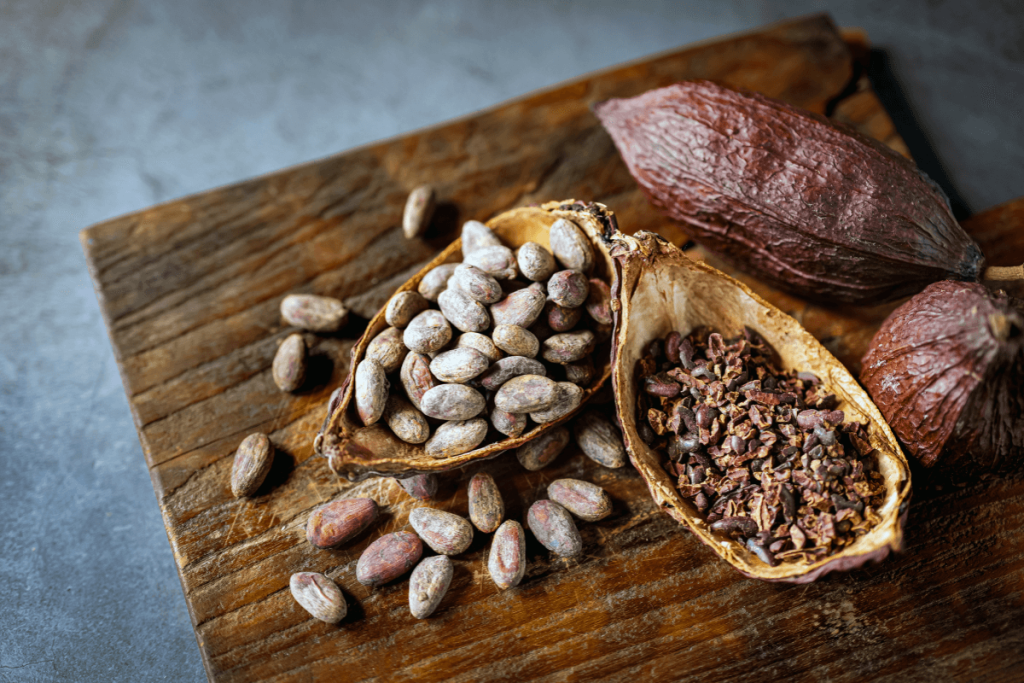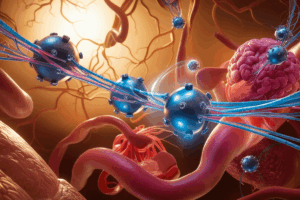
A recent study from the University of Birmingham reveals that consuming foods rich in flavanols, like tea, apples, berries, and cocoa, can protect vascular health in males from the harmful effects of prolonged sitting. A study published in The Journal of Physiology highlights how simple dietary choices can help to overcome one of the most prevalent lifestyle risks of modern society: sedentary behavior.
Many individuals spend extended periods sitting at desks, while driving, or relaxing on the sofa. Studies have shown that young adults sit for an average of six hours per day. This extended sitting can impair vascular function, specifically reducing arterial elasticity, which is measured through Flow-Mediated Dilatation (FMD). A 1% reduction in FMD is associated with a 13% increase in the risk of cardiovascular diseases (CVD) such as stroke and heart attack.
Dr. Catarina Rendeiro, Assistant Professor of Nutritional Sciences at the University of Birmingham and lead author of this study, explained that sitting causes physiological stress, which can harm vascular health. The researchers aimed to determine whether dietary flavanols could counteract this effect. Flavanols are polyphenolic compounds naturally found in plant-based foods like cocoa beans, tea, and certain fruits. They are linked to improved cardiovascular function and enhanced protection of blood vessels under stress.
As per the British Heart Foundation, deaths from CVD among working-age adults in the UK increased by 18% from 2019 to 2023. It reached around 22,000 deaths in 2023. CVD costs the UK economy an estimated £29 billion annually.
The Birmingham research team recruited 40 healthy young males, 20 with high levels of fitness and 20 with low levels, to test whether flavanols could protect against the vascular decline caused by sitting. Participants consumed either a high flavanol cocoa beverage (695 mg of total flavanols) or a low flavanol cocoa drink (only 5.6 mg). They then sat for two hours while researchers measured their vascular function before and after sitting.
The results were incredible. In both groups, participants who consumed the low flavanol drink experienced a substantial reduction in FMD in the arteries of their arms and legs. This indicates reduced vascular elasticity. They also showed increases in diastolic blood pressure, reduced blood flow, shear rate, and muscle oxygenation. It is a clear sign of impaired vascular function. Notably, higher fitness levels did not protect against these declines.
In contrast, participants who consumed the high-flavanol drink showed no reduction in FMD after two hours of sitting, suggesting that flavanols effectively prevented sitting-induced vascular dysfunction. This protective effect was continuous regardless of the fitness levels of individuals. It is the first evidence that flavanol consumption can prevent vascular impairment, which is caused by sedentary behavior in healthy young men.
Professor Sam Lucas, co-author of this study and an expert in cerebrovascular and exercise physiology, emphasized that physical fitness alone does not prevent temporary vascular damage induced by prolonged sitting. “Importantly, after the high-flavanol drink, both fitter and less-fit participants maintained their FMD at the same level as before sitting for two hours,” he noted. These findings highlight that even physically active individuals can experience vascular decline from extended sitting, but flavanol intake can help mitigate it.
PhD student Alessio Daniele, a member of this research team, suggested that it is simple to include flavanol-rich foods in one’s diet. Common sources include cocoa products, plums, apples, nuts, berries, and green or black tea. Dr. Rendeiro concluded that consumption of flavanol-rich drinks and foods during a sedentary period can reduce the harmful vascular effects of inactivity. When combined with short breaks for standing or walking, this approach can significantly improve long-term cardiovascular health across all fitness levels.
Reference: University of Birmingham. Flavanols in cocoa can protect blood vessel function following uninterrupted sitting – study. 2025. Flavanols in cocoa can protect blood vessel function following uninterrupted sitting – study














